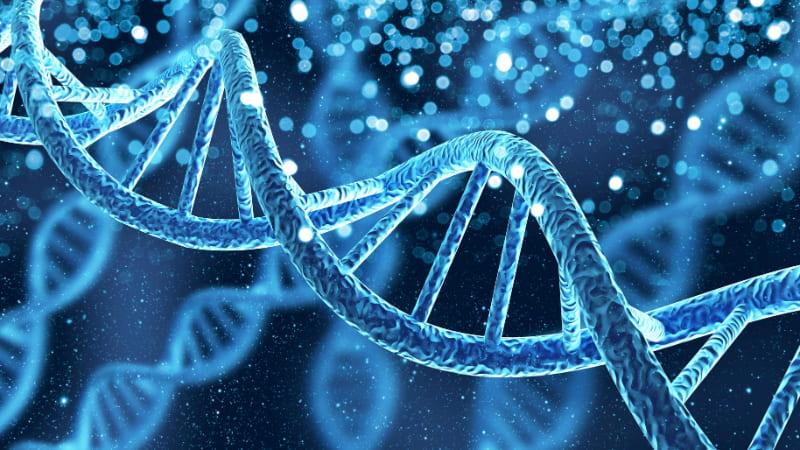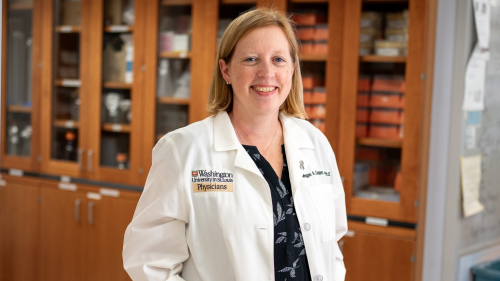

Find PIRD clinical trials
See if you qualify to participate in clinical trials evaluating new treatments and/or diagnostics for PIRD.
Diagnosis
To diagnose underlying PIRD with colitis, a combination of immune and genetic testing is warranted in most individuals. Immune studies look at the number, proportion, activation status, and functional status of the different immune cells. Immune studies could give a clue to the nature of immune dysregulation and, in some cases, clues to possible underlying genetic variants.
Increasingly, genetic studies are being done upfront for most individuals. Instead of testing one gene at a time, most physicians now rely on gene panels (usually ten to several hundred genes) that include the genes that are likely to result in immune dysregulation. If the gene panel is negative, several clinical centers will proceed to whole exome sequencing, wherein all the genes known to cause human disease are looked at. When whole exome sequencing is done, samples from the parents are often requested to improve the diagnostic accuracy.
Inheritance
The genetics and mode of inheritance of PIRD presenting with colitis are varied. It is important to realize, especially with autosomal dominant inheritance, that more than one family member might be affected with the same genetic variant. The severity and the age of onset are variable with family members with the same genetic variant. De-novo variants (neither of the parents are carriers of the variant) are known to cause some PIRD.
Expectations
The process of diagnostic immune and genetic evaluation is time-consuming. In some individuals, there is a development of more autoimmune or infectious symptoms over months to years. Colitis can be an early presenting symptom of underlying immune dysregulation or a late presentation that follows other autoimmune complications. Despite extensive immune and genetic evaluation, a significant majority of individuals with immune dysregulation might not have a genetic diagnosis. However, every year, variants in new genes are being identified that cause immune dysregulation; in the future, we expect a higher percentage might have a recognized genetic basis.
Additionally, since these individuals' GI inflammation might differ, they may not have a positive response to traditional first and second-line IBD therapy (anti-TNF agents). In some nonclassical IBD, treatment addressing broader immune dysregulation might be a better approach. If the immune and genetic basis is identified and medical management alone results in a poor response or if the treatment has significant side effects limiting the long-term options, HSCT to correct the underlying immune defect might be an option.
If an underlying genetic variant is identified, genetic counseling to identify other family members with a carrier or disease state might be recommended. Additionally, for parents who are carriers of genetic variants, genetic counseling and techniques such as in-vitro fertilization and pre-implantation genetics could give an option of having a healthy child.
This page contains general medical and/or legal information that cannot be applied safely to any individual case. Medical and/or legal knowledge and practice can change rapidly. Therefore, this page should not be used as a substitute for professional medical and/or legal advice. Additionally, links to other resources and websites are shared for informational purposes only and should not be considered an endorsement by the Immune Deficiency Foundation.
Adapted from the IDF Patient & Family Handbook for Primary Immunodeficiency Diseases, Sixth Edition.
Copyright ©2019 by Immune Deficiency Foundation, USA
Sign up for updates from IDF
Receive news and helpful resources to your cell phone or inbox. You can change or cancel your subscription at any time.












